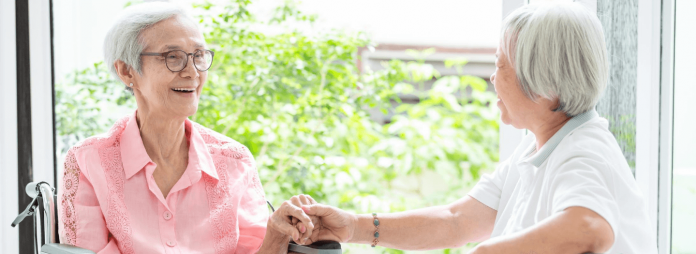Doris Crippen, age seventy-three, was recently diagnosed with COVID-19 and became a patient at a rehabilitation center in Nebraska. Bev Boro, a medication aide, has worked at the facility for more than two decades.
Last month, Bev was looking over her patient list when she recognized Doris’s name. She was shocked: Doris is her older sister, though the two have not seen each other in more than fifty years.
The two share a father but were born to different mothers. Doris was raised by her mother and stepfather and was twenty years old when she last saw Bev. The women knew each other’s names and spent years searching for each other without success. Then the pandemic brought them together.
Despite the suffering Doris has endured, she told a reporter, “I am the happiest person in the world. I cannot believe I finally found my sister.”
We all love stories that have such happy endings, especially during days of pandemic pain and economic suffering. But what do we do with stories that don’t end so well? With family members and friends who don’t recover from this horrible disease? With prayers that seem unanswered?
N. T. Wright, one of the most profound theologians of our generation, notes that lament is a central part of our faith. Psalms that express anger, frustration, and pain to God are in Scripture for a reason. Some of them, as Wright observes, “come out the other side into the light. And sometimes . . . they simply don’t. They stay in the dark. And there’s a sense that God is with us in that darkness.”
Yesterday we focused on our need for the power of God to live as the people of God. Today, we’ll examine perhaps the greatest obstacle to experiencing such power in painful times.
Learning from the Old West

I’m reading Dreams of El Dorado: A History of the American West by H. W. Brands, a history professor at the University of Texas at Austin. One of the facts his…
… Read More
—
Click Read More to read the rest of the story from our content source/partners – Denison Forum.
